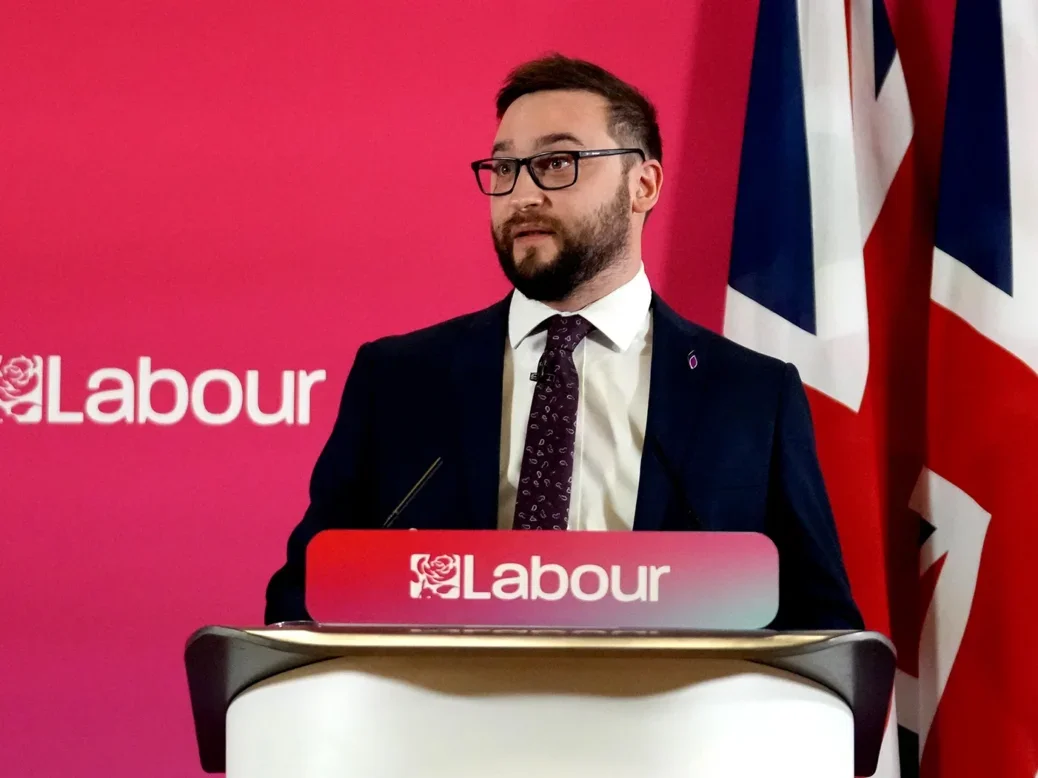
Bury South, Greater Manchester. Walk the seat and you’ll chance upon both the deprivations of Radcliffe and the up-and-coming gentrification of Prestwich.
The constituency is one of the 54 seats that Labour lost to the Conservatives in 2019. Its incumbent MP, Christian Wakeford, created perfectly choreographed chaos on 19 January by defecting to Labour mere minutes before Prime Minister’s Questions. A cynic would say that Wakeford made a calculated career move because, according to both the New Statesman’s Britain Predicts and Survation, if an election were held today, Bury South would turn from blue to red and decisively so.
Wakeford came from a band of Tory MPs known as the “2019ers” and their election that year has visibly shaped them. They show little deference to Conservative Party conventions and appear less queasy about government spending than their colleagues. They were less willing to defend Owen Paterson after he was last year found to have broken parliamentary lobbying rules. They are MPs shaped by the Brexit wars, representing seats above the national average for deprivation, and as MPs it is Johnson they regard as their champion, not the Tory party. It is Johnson who they owe their seats to; Johnson who hastened the post-Brexit realignment; and Johnson who they should shout the loudest for.
How time flies, then, for it appears it is now Johnson who would cost them their seats.
In a general election held today, nearly one in ten of the 2019 Tory vote would switch to Labour – a significant change from a few months ago. With that, Labour would net 116 seats and take a commanding lead as the largest party in parliament. The vast majority of the 2019 Conservative intake would be left jobless, while safer Tories in the so-called Blue Wall would also struggle.
You can see why the class of 2019 are no longer Johnson’s most outspoken cheerleaders.
On a more psephological level, the crisis in Downing Street has exposed the voters in Labour’s lost heartlands, represented by the Christian Wakefords of the world, for what they really are. They are not, contrary to conventional wisdom, the unyielding vanguard of the “Get Brexit Done” brigade.
These seats have admittedly trended Tory relative to the national average. They were the places where voters were most keen to “rally around the flag” during the Covid-19 crisis. From that information you’d probably assume they are loyal to Johnson. But it is also in these seats that sleaze stories appear to have had the greatest impact, as the Tories now poll worse in them than in the country at large.
The people in these seats are, simply, swing voters.
And therein lies the explanation for today’s politics more generally. Voters are more volatile and promiscuous than in past decades. A hefty chunk of current Labour voters, for instance, do not rule out voting Lib Dem or Green. Six per cent can see themselves voting Tory. As many as 11 per cent of current Tory voters can see themselves voting Labour.
In a world where elections are won and lost by fine margins, these are not small numbers. Last year I expressed scepticism that the Liberal Democrats would win the Leave-voting and semi-deprived seat of North Shropshire. That they took the seat with a majority of 5,925 left me with a somewhat red face but, more importantly, proved my assumption about British politics is out of date. We know the tribalism of Tory vs Labour has much less power than it used to, but I hadn’t expected the potency of Leave vs Remain to fade as quickly as it has.
This volatile climate, however, may mean that Johnson and the Conservative Party’s poor ratings might not be as fatal as we think. It’s “easier” now to get worse ratings than before and it might also be easier to recover.
The ceilings and floors of our parties and politicians, their room to climb and fall, have been respectively raised and lowered, so to speak. The old loyalties and tribalisms, hit by Ukip, Brexit, Jeremy Corbyn and Boris Johnson, are now weaker than ever. Conventional assumptions – such as no prime minister being able to recover from record low poll ratings – are irrelevant, to my mind. Today, it seems, more voters are up for grabs than ever. A net positive, for all concerned.